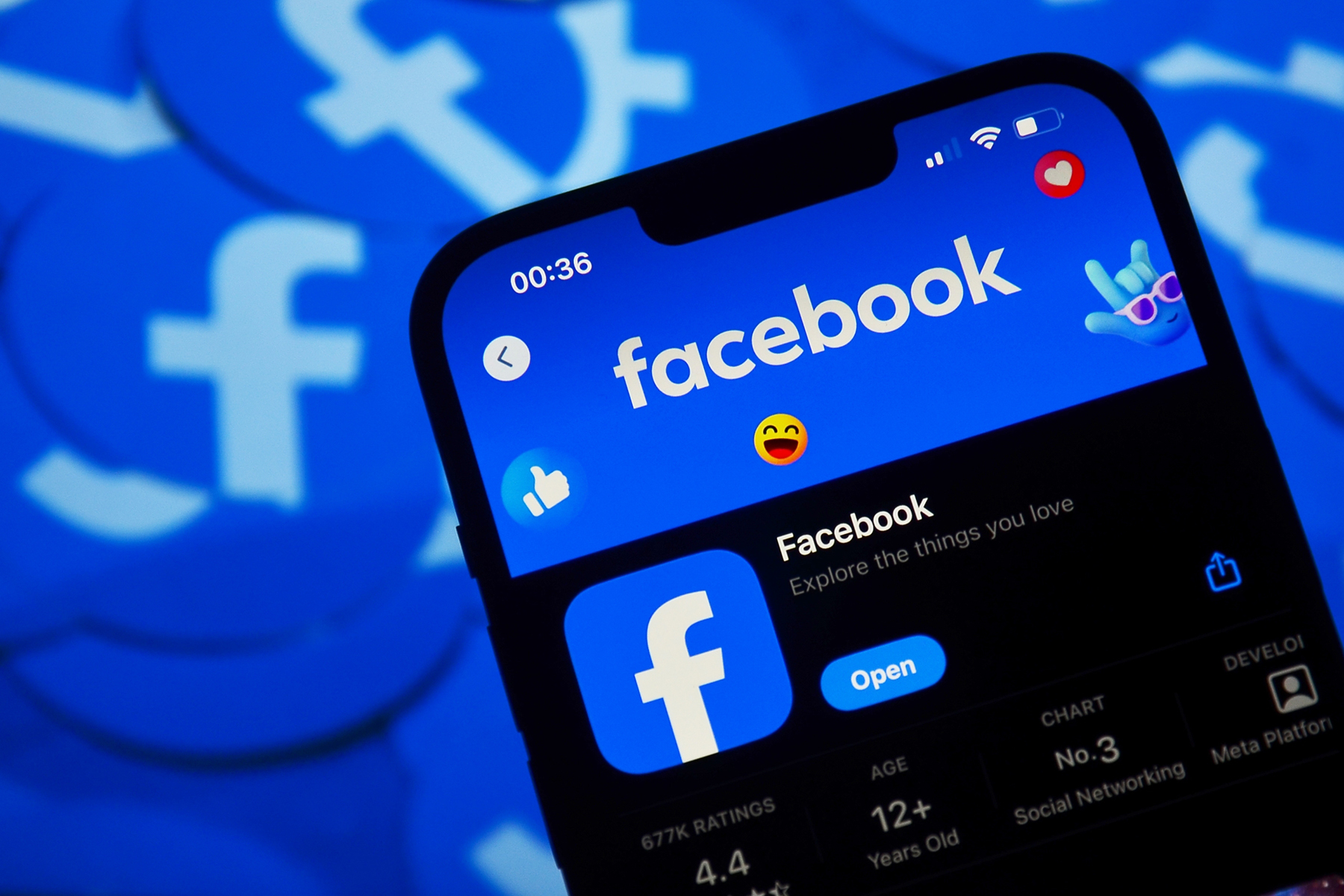
Former Facebook executive Sarah Wynn-Williams testified before the Senate Judiciary Committee in April, accusing the social media company of undermining national security and briefing China on U.S. artificial intelligence efforts in order to grow its business there.
“We are engaged in a high-stakes AI arms race against China. And during my time at Meta, company executives lied about what they were doing with the Chinese Communist Party to employees, shareholders, Congress, and the American public,” Wynn-Williams said in her prepared testimony.
Her book “Careless People,” an explosive insider account of her time at the social media giant, sold 60,000 copies in its first week and reached the top 10 on Amazon’s best-seller list amid efforts by Meta to discredit the work and stop her from talking about her experiences at the company. Meta used a “campaign of threats and intimidation” to silence the former executive, said Sen. Richard Blumenthal, a Democrat from Connecticut, during the hearing.
Wynn-Williams served as director of global public policy at Facebook, now Meta, from 2011 until she was fired in 2017.
“Throughout those seven years, I saw Meta executives repeatedly undermine U.S. national security and betray American values. They did these things in secret to win favor with Beijing and build an 18 billion dollar business in China,” she said in her prepared remarks.
Despite Facebook’s global reach, the platform has been banned in China since 2009 following riots in Ürümqi that Chinese authorities blamed in part on the company’s failure to control the spread of protest-related information.
The block was part of the broader “Great Firewall,” China’s sweeping system of internet censorship and control designed to limit the influence of foreign platforms, particularly those perceived to promote free speech or challenge state narratives.
Facebook repeatedly tried to re-enter the Chinese market in the years that followed, including a 2018 attempt to open an innovation hub in Hangzhou — an effort quickly shut down by the Chinese government.
The Chinese government has long used the firewall to give domestic firms an edge by blocking foreign competitors. In the absence of platforms like Facebook, Twitter, and Google, China’s tech industry rapidly developed homegrown alternatives such as WeChat (similar to Facebook and WhatsApp), Weibo (akin to X), and Baidu (China’s clone of Google).
Many of these platforms initially copied features from their U.S. counterparts, then grew into state-aligned entities that insulated them from foreign competition. This environment allowed Chinese tech firms to dominate without market pressure from U.S.-based services, while retaining compliance with domestic censorship laws.
Wynn-Williams also said Meta deleted the Facebook account of a prominent Chinese dissident living in the U.S., bowing to pressure from China to do so. Meta says that account, belonging to billionaire Guo Wengui, shared personally identifiable information such as people’s passport numbers, social security numbers, national ID numbers and home addresses and was removed because this violated Facebook’s rules.
And she said Meta “ignored warnings” that building a “physical pipeline” between the U.S. and China would provide China with backdoor access to U.S. user data. These plans — called the Pacific Light Cable Network — never materialized, but Wynn-Williams said that was only because lawmakers stepped in.
In a statement, Meta said Wynn-Williams’ testimony “is divorced from reality and riddled with false claims. While Mark Zuckerberg himself was public about our interest in offering our services in China and details were widely reported beginning over a decade ago, the fact is this: we do not operate our services in China today.”
Zuckerberg, along with other Big Tech executives, have been trying to improve their standing with Donald Trump’s administration in recent months — through visits to Mar-a-Lago and the White House, as well as monetary donations — it is not yet clear if the efforts are paying off.
“This is a man who wears many different costumes,” Wynn-Williams said of Zuckerberg. “When I was there, he wanted the president of China to name his first child, he was learning Mandarin, he was censoring to his heart’s content. Now his new costume is MMA fighting or… free speech. We don’t know what the next costume is gonna be, but it will be something different. It’s whatever gets him closest to power.”
The hearing came just days before Meta’s massive antitrust trial began. The Federal Trade Commission’s case against the tech giant could force the company to divest Instagram and WhatsApp.















